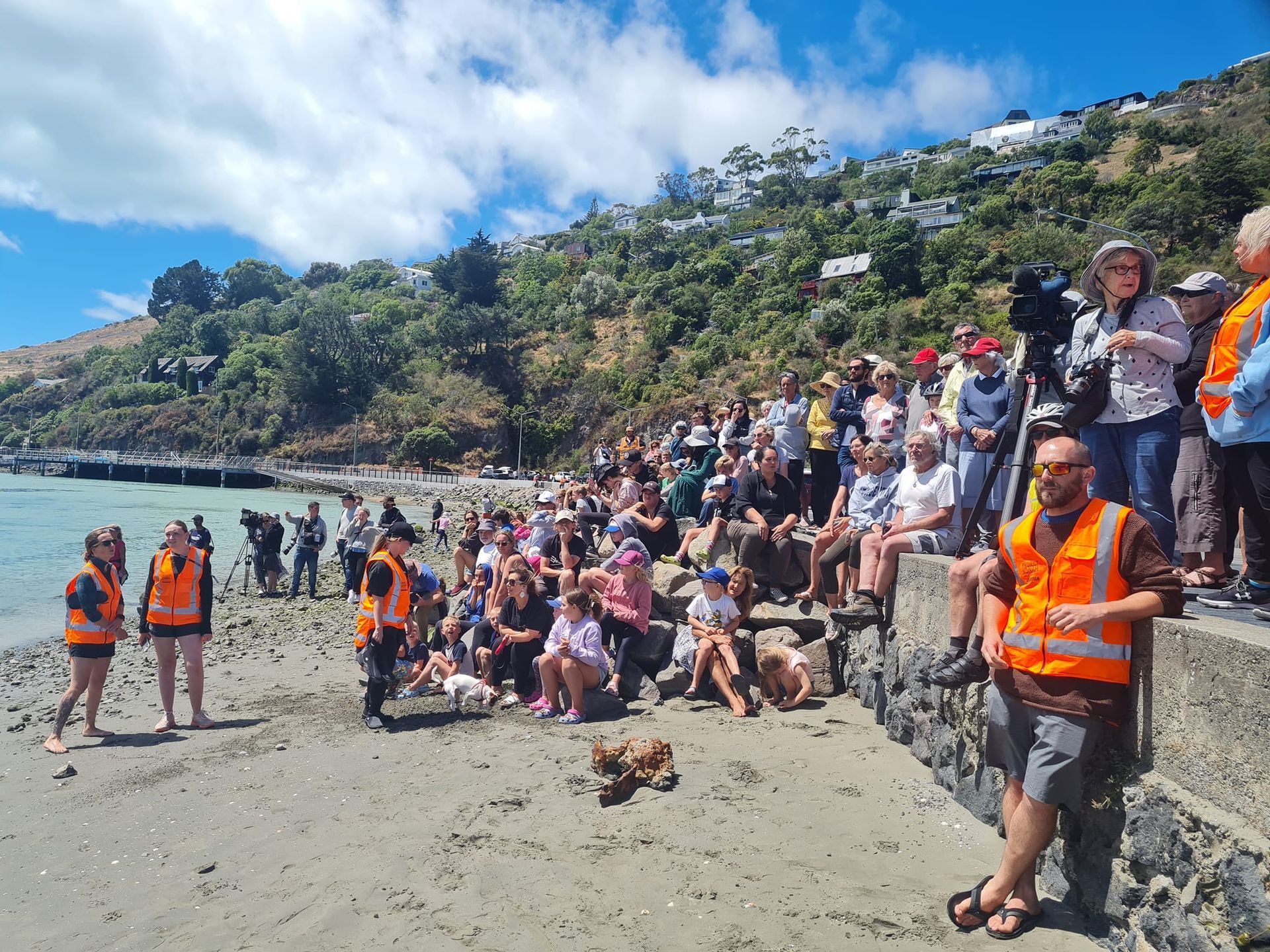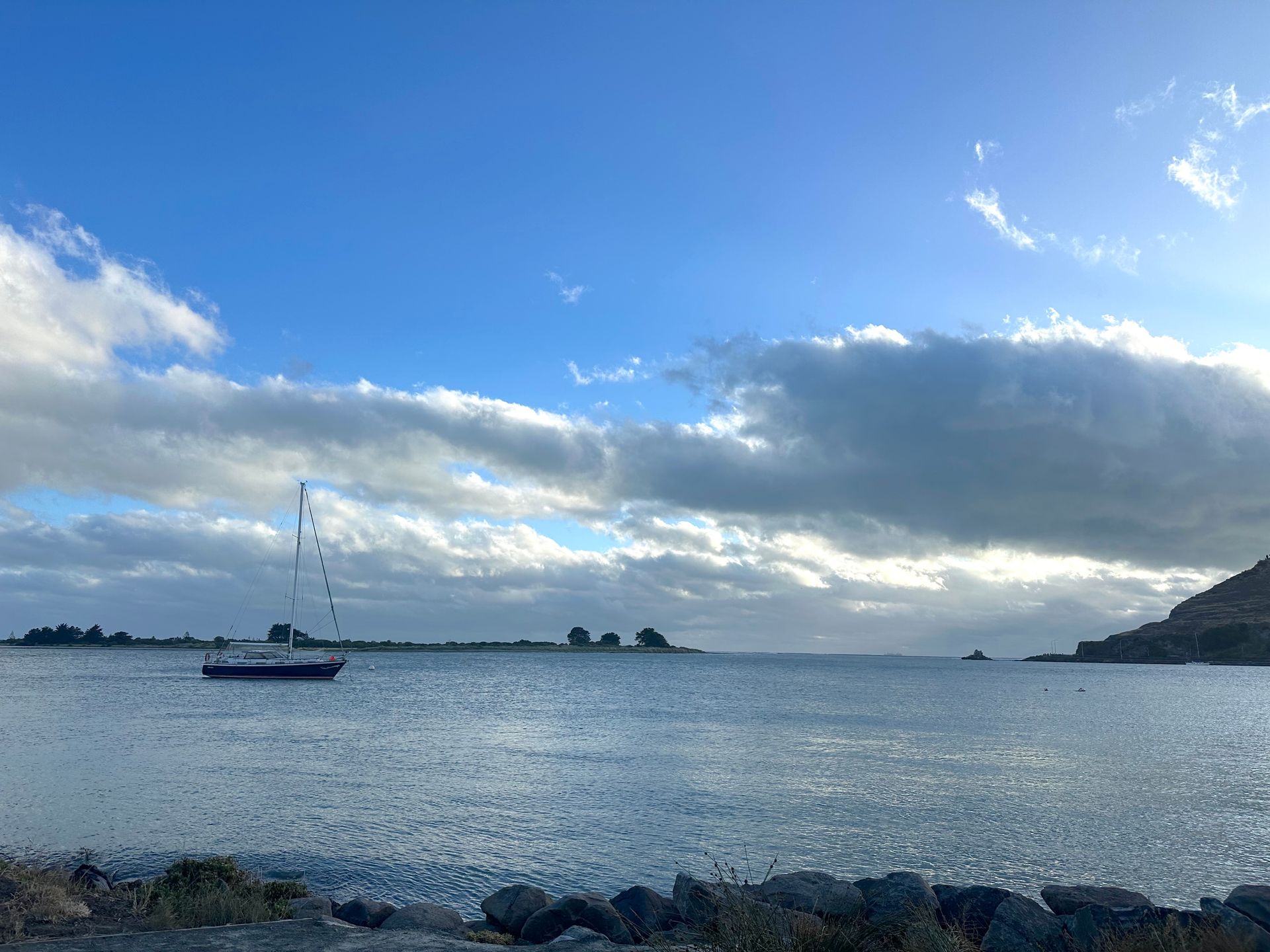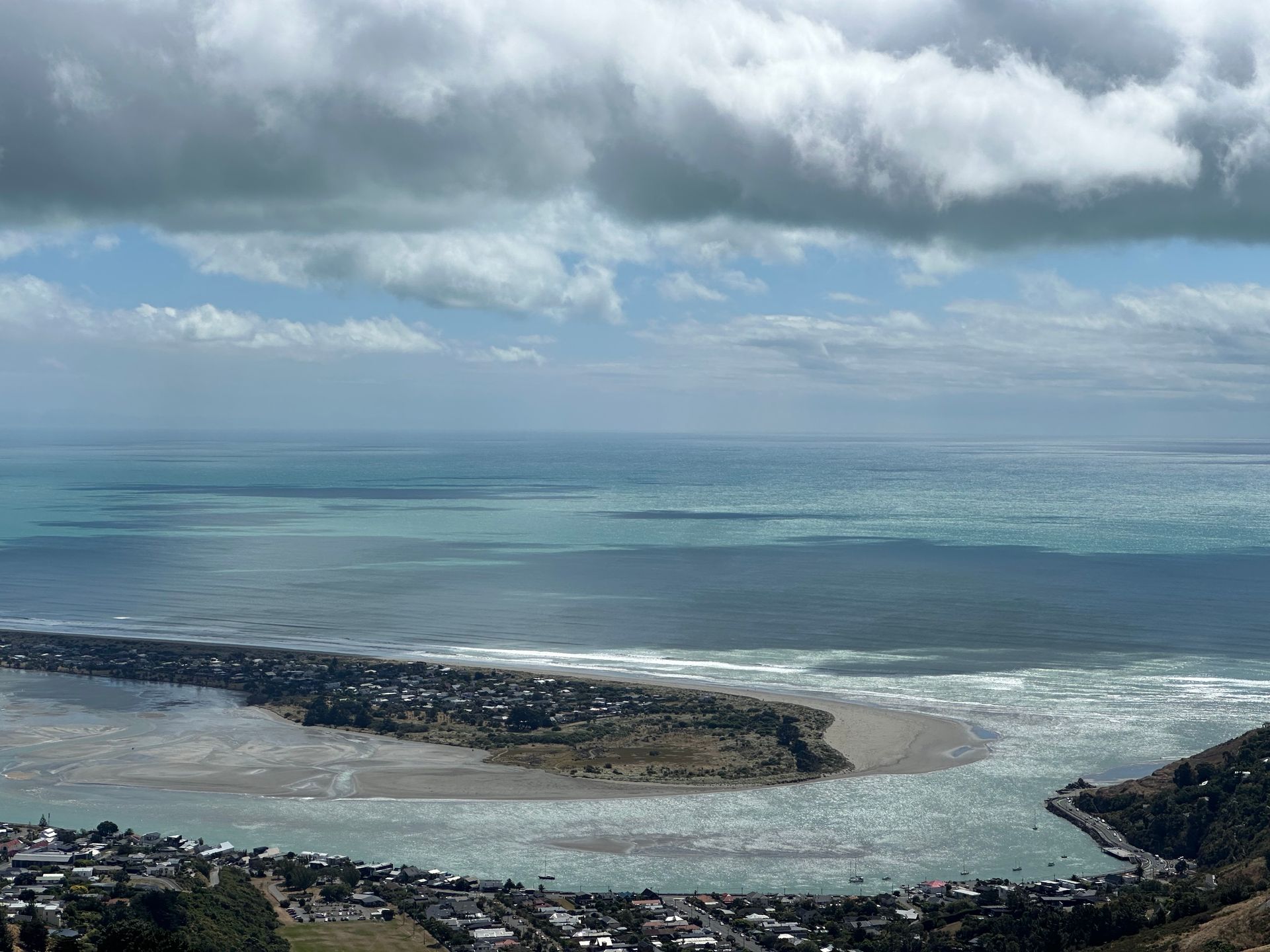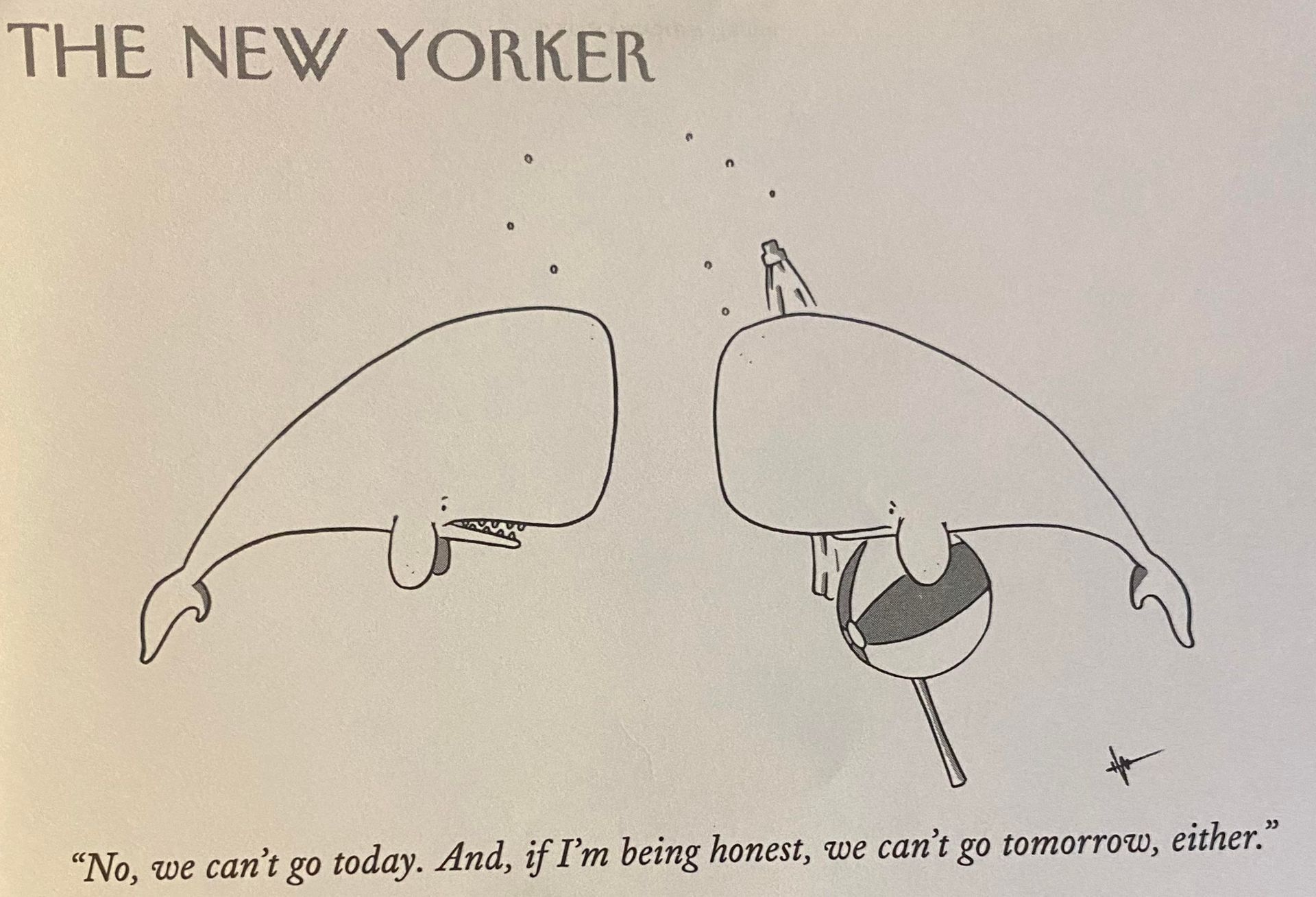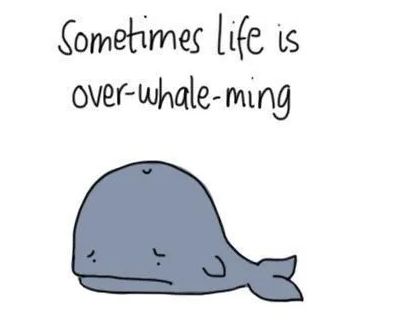Tail of a Whale

When I was cycling from Sumner to Redcliffs last week there were crowds of people lining the edge of the estuary. I stopped and asked what everyone was looking at. It turned out to be a barely visible whale beached on a sand bar in the middle of the estuary – a few spouts of water could be seen (you can't see anything in the middle picture in which the whale is in the centre, nor in the picture from above which shows the sandbar on which the whale beached). I felt upset and didn't want to stand on the beach with all the people staring at an animal that was likely dying. If you were on your death bed, would you want a crowd of people staring at you? Even if they were all talking about how sad your death might be?
Single whale strandings are generally found to be animals that are old and/or sick, so are near death. In this case, it was later found the whale was a young fin whale – it's unknown whether it was ill. Why the whale stranded will likely never be clear, although samples were taken to investigate its state.
Fin whales are the second largest cetacean after the blue whale. They live in temperate and cool waters and migrate from feeding grounds in the Antarctic/Arctic in summer to the tropics to breed and calve in winter. They tend to travel in the open ocean so are not well studied. Fin whales are relatively rare in New Zealand - we mostly see them when they strand. The southern hemisphere population is estimated to be about 20,000, a fraction of the pre-whaling numbers. From the 1950s to the 1970s Soviet whalers killed 720,000 in the Southern Ocean region.
Project Jonah and the Department of Conservation came along to the Moncks Bay beach to manage the stranded whale. Project Jonah's boat tried making loud noises to encourage the whale to swim away. When I read that, I thought about people standing round a human death bed blowing air horns. "Get up, get up. You shouldn't be dying."
I also read that, in past times, Māori were happy about whale strandings. They regarded stranded whales as a gift from Tangaroa, the god of the sea - 'he taonga Tangaroa' and a resource to be used. When whales strand today, the local runanga have the right to use bones, teeth and oil, and meat if it is free of pathogens. This was a right fought for, on the basis that whales and the beaches where they wash up are taonga. Māori were likely not active whalers pre-colonisation but worked on whaling ships from the early 1800s, bought and used whaleboats by the 1840s, traded with whalers, and became whalers themselves at shore stations. Māori also continued whaling in the 1800s after the shore whaling stations closed in the North Island as a seasonal activity alongside agricultural work.
There are multiple disconnects between being happy about a stranded whale as a resource, being sad about a stranded whale because it is dying, and tooting a horn to encourage a possibly dying whale to move. Humans get very emotional about specific types of animal and particularly large animals – you don't see people crying every time they hit a bird in their car or squash large numbers of insects on their windscreens. Insects are likely more vital to our survival than whales but don't get as good press.
The recent Redcliffs whale didn't get used, which seems like a pity. Perhaps the local runanga didn't want it. The whale was dragged from the sandbar to the beach then loaded onto a truck with a crane. It was covered with large sheets by local iwi, which looked respectful except its tail was protruding. Then it was taken away to be buried somewhere privately in an iwi-led burial.
And that's my tale of a whale.
